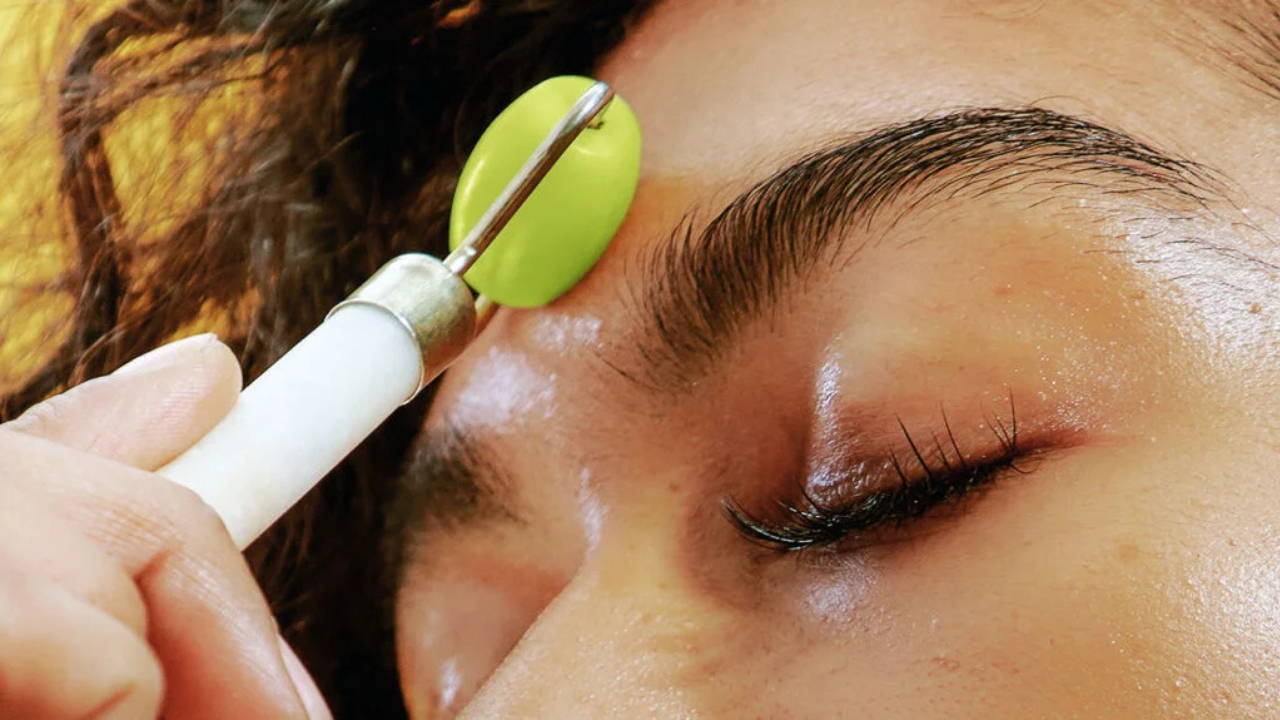In a world filled with synthetic skincare products promising overnight miracles, more people are turning back to nature for gentle, effective solutions. Herbal skin care isn’t just a trend—it’s a time-tested approach rooted in centuries of tradition.
Imagine waking up to glowing skin without harsh chemicals. Picture soothing irritated skin with ingredients straight from your garden. That’s the power of herbal skin care.
But does it really work? What makes herbs so special for your skin? And how can you incorporate them into your daily routine?
Let’s dive into the world of herbal skin care, exploring its benefits, the best herbs for different skin types, and expert-backed tips for a natural, radiant complexion.
What is Herbal Skin Care?
Herbal skin care involves using plant-based ingredients—like herbs, flowers, roots, and oils—to nourish, heal, and protect the skin. Unlike commercial products packed with parabens, sulfates, and artificial fragrances, herbal remedies work in harmony with your skin’s natural biology.
Why Choose Herbal Over Chemical-Based Products?
- Gentler on Skin – Many store-bought products contain irritants that strip natural oils, leading to dryness and breakouts. Herbs like aloe vera and chamomile soothe instead of aggravate.
- Fewer Side Effects – Synthetic ingredients can cause allergies, redness, and long-term damage. Herbs, when used correctly, have minimal risks.
- Rich in Nutrients – Plants contain vitamins, antioxidants, and anti-inflammatory compounds that promote skin health.
- Sustainable & Eco-Friendly – Herbal skincare reduces plastic waste and harmful chemical runoff.
“Nature provides everything our skin needs—if we know how to use it.” – Dr. Priya Sharma, Ayurvedic Dermatologist
Top Herbs for Glowing Skin (Backed by Science)
Not all herbs are created equal. Some excel at hydration, others fight acne, and a few even slow aging. Here’s a breakdown of the best herbs for different skin concerns.
1. Aloe Vera – The Ultimate Skin Healer
- Benefits: Hydrates, reduces inflammation, speeds wound healing.
- Best for: Dry, sensitive, or sunburned skin.
- How to Use: Apply fresh gel directly or mix with honey for a moisturizing mask.
Study Alert: A 2019 Journal of Dermatological Treatment study found aloe vera significantly improves skin elasticity and hydration.
2. Turmeric – The Golden Anti-Aging Spice
- Benefits: Fights acne, brightens skin, reduces dark spots.
- Best for: Oily, acne-prone, or dull skin.
- How to Use: Mix with yogurt for a brightening face mask (patch test first—turmeric can stain).
3. Neem – Nature’s Antibacterial
- Benefits: Kills acne-causing bacteria, soothes eczema.
- Best for: Acne, fungal infections, irritated skin.
- How to Use: Boil neem leaves, use the water as a toner, or apply neem oil diluted with coconut oil.
4. Rose Petals – Hydration & pH Balance
- Benefits: Tones skin, reduces redness, maintains moisture.
- Best for: Dry, combination, or mature skin.
- How to Use: Steep petals in water for a refreshing facial mist.
5. Green Tea – Antioxidant Powerhouse
- Benefits: Fights free radicals, reduces puffiness, prevents wrinkles.
- Best for: Aging, oily, or tired skin.
- How to Use: Use cooled tea as a toner or mix with clay for a detox mask.
How to Build a Herbal Skin Care Routine
Switching to herbal skin care doesn’t mean abandoning your entire routine. Start small, observe how your skin reacts, and gradually replace products.
Step 1: Cleansing – Herbal Face Washes
- For oily skin: Try a neem-and-fullers-earth (multani mitti) paste.
- For dry skin: Use a milk-and-honey cleanser.
Step 2: Toning – Floral Waters & Herbal Mists
- Rose water (for hydration)
- Witch hazel (for oily/acne-prone skin)
Step 3: Moisturizing – Natural Oils & Butters
- Dry skin: Coconut oil or shea butter
- Oily skin: Jojoba oil (mimics natural sebum)
Step 4: Treating – Herbal Face Packs & Serums
- For acne: Sandalwood + turmeric paste
- For glow: Saffron + milk mask
Step 5: Sun Protection – Herbal Alternatives
While no herb replaces SPF, some offer mild protection:
- Raspberry seed oil (natural SPF 25-50)
- Carrot seed oil (rich in antioxidants)
Pro Tip: Always do a patch test before applying new herbs to your face.
Common Myths About Herbal Skin Care
Myth 1: “Herbal Means It’s Always Safe”
Reality: Some herbs (like lemon juice) can cause photosensitivity or irritation. Always research before use.
Myth 2: “Natural Products Don’t Work as Fast”
Reality: While herbs may take longer than steroids, their effects are often longer-lasting and healthier.
Myth 3: “You Don’t Need Preservatives”
Reality: Water-based herbal products (like toners) can grow bacteria. Use natural preservatives (vitamin E, grapefruit seed extract).
Expert Tips for Maximizing Herbal Skin Care
- Fresh is Best – Use freshly ground herbs instead of store-bought powders for maximum potency.
- Consistency Matters – Herbal remedies work gradually. Stick to a routine for 4-6 weeks.
- Listen to Your Skin – If a herb causes redness, stop using it.
- Combine with a Healthy Diet – Skin health starts from within. Drink herbal teas (like chamomile) and eat antioxidant-rich foods.
Final Thoughts: Is Herbal Skin Care Right for You?
Herbal skin care isn’t a one-size-fits-all solution, but it’s a powerful, natural alternative for those seeking gentler, sustainable options. Whether you’re battling acne, dryness, or aging, there’s likely an herb that can help.
The key? Start slow, experiment wisely, and let nature do its magic.
“Your skin is a reflection of your overall health. Treat it with the purity it deserves.” – Dr. Meena Krishnan, Integrative Dermatologist
